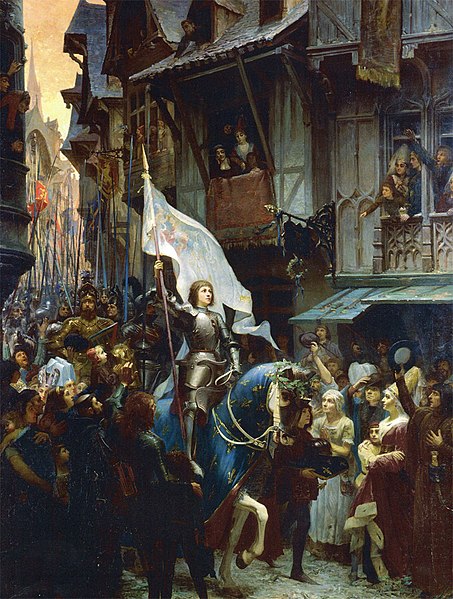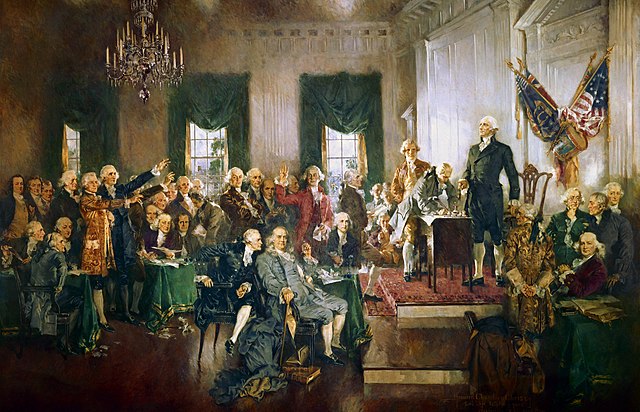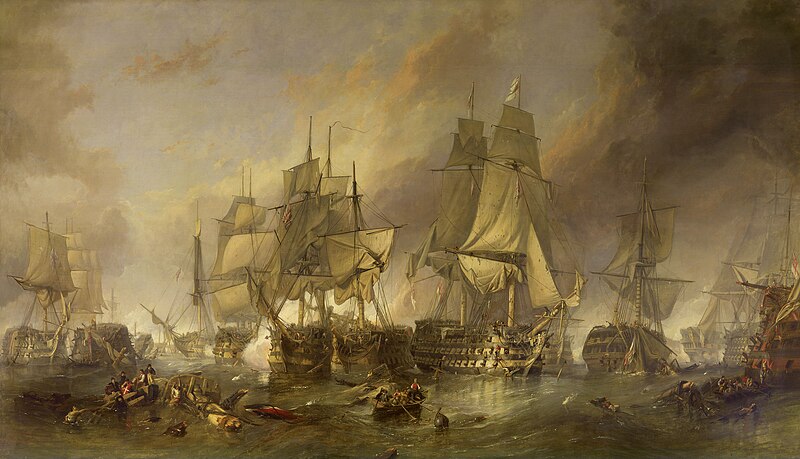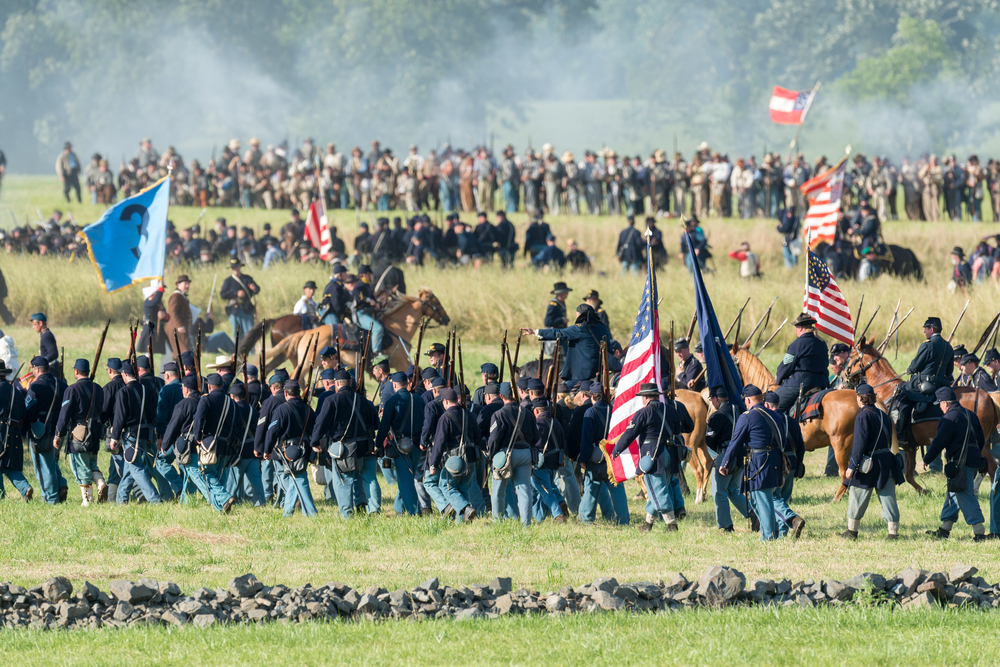This article delves into the historical events that occurred on January 9th, showcasing a wide range of significant occurrences from various years.
It highlights key moments that have shaped history, ranging from pivotal political decisions and scientific advancements to cultural milestones and influential births.
Each event provides insight into the diverse tapestry of human history and the complex interplay of factors that have shaped our world.
Whether it’s the advancement of technology, shifts in political landscapes, or notable figures stepping onto the world stage, these events collectively offer a glimpse into the multifaceted nature of our past.
The article serves as a concise yet informative journey through different epochs, shedding light on how each day holds its unique place in the annals of time.
January 9th Events in History
681: The Twelfth Council of Toledo is initiated by King Erwig of the Visigoths in Spain, implementing measures against the Jews
Initiated by King Erwig of the Visigoths in Spain, this council was part of a series of councils that were significant in the religious and political history of Spain.
Also Read: January 8 – On this Day in History
During this particular council, King Erwig implemented various measures against the Jews, reflecting the period’s religious tensions and the ongoing efforts to Christianize the Visigothic Kingdom. This council is an example of the complex religious and political dynamics of medieval Spain.
1127: During the Jin-Song Wars, Jurchen soldiers from the Jin dynasty besiege and sack Bianjing (Kaifeng), ending the Northern Song dynasty in China
This event marks a pivotal moment in the Jin-Song Wars, a series of conflicts between the Jin dynasty and the Northern Song dynasty of China. In 1127, Jurchen soldiers from the Jin dynasty besieged and sacked Bianjing (now known as Kaifeng), the capital of the Song dynasty.
This attack resulted in the capture of Emperor Qinzong and other members of the Song royal family, leading to the end of the Northern Song dynasty and the beginning of the Southern Song period.
The fall of Bianjing was a significant event in Chinese history, symbolizing a major shift in power and the beginning of a new era in the region.
1349: The Jewish population of Basel, Switzerland, is incinerated due to beliefs about their role in the Black Death
This tragic event occurred during the spread of the Black Death across Europe. The Jewish community in Basel, Switzerland, was falsely accused of causing the plague.
Also Read: January 10th Events in History
As a result, the residents of Basel rounded up the Jewish population, and many were incinerated. This event is a stark example of how fear and misinformation during times of crisis can lead to horrific acts of violence and persecution.

1431: The trial of Joan of Arc begins in Rouen, France
Joan of Arc, a French peasant girl, played a significant role in the Hundred Years’ War between France and England. She claimed to have received visions from God instructing her to support Charles VII and recover France from English domination.
In 1431, she was captured by the Burgundians, allies of the English, and handed over to an ecclesiastical court. Her trial in Rouen, led by pro-English clergy, was marked by numerous irregularities and is widely considered to have been politically motivated.
She was eventually convicted of heresy and burned at the stake. Joan of Arc’s trial and execution remain significant events in history, symbolizing the intersections of faith, politics, and national identity.
1693: The first of two devastating earthquakes hits Sicily and Malta
This earthquake, one of the most catastrophic in European history, struck Sicily and parts of Malta. The initial earthquake on January 9, followed by another major quake on January 11, caused widespread destruction and a significant loss of life.
Estimates of the death toll vary but are often cited as being between 60,000 and 100,000 people. The earthquake had profound effects on the affected regions, both in terms of immediate human tragedy and long-term cultural, architectural, and societal changes.
1760: Ahmad Shah Durrani defeats the Marathas in the Battle of Barari Ghat
This event was part of the Third Battle of Panipat, a significant and extensive confrontation in Indian history between the Maratha Empire and the Durrani Empire led by Ahmad Shah Durrani (also known as Ahmad Shah Abdali).
The Marathas, under the leadership of Sadashivrao Bhau, faced a decisive defeat against the forces of Ahmad Shah Durrani.
This battle had far-reaching effects on the Indian subcontinent, marking the beginning of the decline of the Maratha Empire and paving the way for the expansion of British power in India.
1788: Connecticut ratifies the United States Constitution, becoming the fifth state to do so
Connecticut became the fifth state to ratify the United States Constitution. This ratification was part of the process of forming a new government in the United States following its independence from Great Britain.
Connecticut’s decision followed the ratifications by Delaware, Pennsylvania, New Jersey, and Georgia. The ratification of the Constitution was a critical step in the establishment of the federal government and the legal framework of the United States.

1792: The Treaty of Jassy, ending the Russo-Turkish War of 1787–92, is signed
This treaty marked the end of the Russo-Turkish War of 1787–92 between the Russian Empire and the Ottoman Empire. The Treaty of Jassy was signed in the town of Iași (Jassy), Moldova.
As a result of this treaty, the Russian Empire’s territorial gains were acknowledged, including the annexation of the Crimean Peninsula. This treaty further consolidated Russia’s influence in Eastern Europe and the Black Sea region.
1793: Jean-Pierre Blanchard becomes the first person to fly in a balloon in the United States
Jean-Pierre Blanchard, a French inventor and aviation pioneer, made the first balloon flight in the United States. This event took place in Philadelphia and was attended by President George Washington, along with other prominent figures of the time.
Blanchard’s flight is significant as it marked the beginning of the era of ballooning in America and contributed to the growing interest in aviation.
1806: Admiral Horatio Lord Nelson receives a state funeral in London
Admiral Horatio Nelson, one of Britain’s most celebrated naval commanders, was given a state funeral after his death in the Battle of Trafalgar in 1805.
The battle was a pivotal naval engagement in the Napoleonic Wars, in which the British Royal Navy decisively defeated the combined fleets of the French and Spanish navies.
Nelson’s state funeral was a grand and solemn event, reflecting his status as a national hero in Britain. His burial in St. Paul’s Cathedral in London was attended by thousands and remains a significant moment in British naval history.

1816: Humphry Davy tests his safety lamp for miners at Hebburn Colliery
Sir Humphry Davy, a British chemist and inventor, tested his newly invented safety lamp for miners at Hebburn Colliery. This lamp was designed to reduce the danger of explosions due to firedamp (flammable gas found in coal mines), a common and deadly hazard in mining.
The Davy lamp, as it came to be known, quickly became a standard piece of equipment and played a significant role in improving safety in coal mines. Davy’s work in this area is a notable example of the application of scientific principles to solve practical problems and enhance industrial safety.
1822: Portuguese Prince Pedro I of Brazil decides to stay in Brazil, starting the Brazilian independence process
On this day, Pedro I of Brazil made a critical decision to stay in Brazil against the orders of the Portuguese King João VI, defying the attempts to re-establish colonial rule over Brazil. This act is often seen as a key step towards Brazilian independence.
Pedro’s decision led to a declaration of independence later that year and his subsequent reign as the first Emperor of Brazil. This event represents a significant moment in South American history, marking the transition of Brazil from a colony to an independent nation.
1839: The French Academy of Sciences announces the Daguerreotype photography process
The French Academy of Sciences officially announced the invention of the daguerreotype process by Louis Daguerre. This process produced a silver image on a copper plate, and it is considered one of the earliest successful methods of photography.
The announcement marked a significant milestone in the history of photography, as it introduced a means of capturing and preserving images from the real world, revolutionizing the way people perceived and documented their surroundings.
1861: Mississippi becomes the second U.S. state to secede from the Union before the American Civil War
Mississippi became the second state to secede from the United States, following South Carolina, in the lead-up to the American Civil War. The secession was driven by issues related to states’ rights and the future of slavery.
Mississippi’s departure from the Union was a significant event in the escalating tensions between the Northern and Southern states, which eventually led to the outbreak of the Civil War, a conflict that profoundly shaped the course of American history.

1908: French writer and feminist Simone de Beauvoir is born
Simone de Beauvoir, a French writer, intellectual, existentialist philosopher, political activist, feminist, and social theorist, was born on this day. She is best known for her 1949 treatise “The Second Sex,” a detailed analysis of women’s oppression and a foundational tract of contemporary feminism.
In her work, de Beauvoir challenged the patriarchal norms of society and argued for the equality of the sexes, making significant contributions to feminist philosophy and theory. Her life and work had a profound impact on contemporary thought and the development of feminist theory.
1934: Bart Starr, American professional football quarterback, is born
Bart Starr, an iconic American football quarterback, was born on January 9, 1934. He is best known for his tenure with the Green Bay Packers of the National Football League (NFL).
Starr led the Packers to multiple NFL championships and was the MVP of the first two Super Bowls. His leadership and skill on the field made him a legendary figure in American sports, and he is remembered as one of the greatest quarterbacks in NFL history.
1941: American folksinger and political activist Joan Baez is born
Joan Baez, an American folk singer and activist, was born on this day. Baez rose to prominence in the 1960s, becoming well-known for her distinctive vocal style and her renditions of contemporary folk songs.
She played a key role in popularizing folk music and used her platform to advocate for civil rights, peace, and social justice. Baez’s music and activism had a significant impact on American culture and politics during a tumultuous period in history.
1960: Construction begins on the Aswan High Dam in Egypt
The construction of the Aswan High Dam in Egypt commenced on January 9, 1960. This massive engineering project aimed to control the annual flooding of the Nile, generate electricity, and increase agricultural production through irrigation.
While the dam has provided numerous benefits in terms of electricity and water management, it also had environmental impacts and led to the displacement of many people. The Aswan High Dam remains a critical part of Egypt’s infrastructure.
1982: Catherine, Duchess of Cambridge, is born
Catherine Middleton, later known as the Duchess of Cambridge after marrying Prince William, was born on January 9, 1982.
She has become a prominent member of the British royal family and is known for her involvement in various charitable causes and her impact on British and international fashion. Her marriage to Prince William in 2011 was widely publicized and celebrated.
2005: Mahmoud Abbas is elected president of the Palestinian Authority
On January 9, 2005, Mahmoud Abbas was elected president of the Palestinian Authority. A co-founder of Fatah in the 1950s and former Prime Minister under Yasser Arafat, Abbas’s presidency marked a significant moment in Palestinian politics.
His leadership has been notable for the ongoing challenges in Israeli-Palestinian relations and efforts to achieve peace in the region. Abbas’s tenure has been characterized by his pursuit of a two-state solution and attempts to negotiate with Israel amidst complex regional dynamics.
